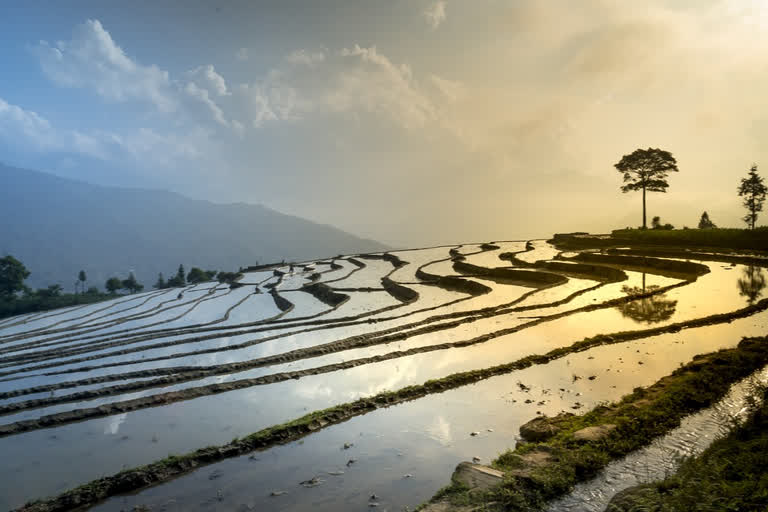London: Water experts at the UK's University of Birmingham say they have designed a low-energy and high-efficiency means of purifying water for India's rural farming communities, which could allow farmers to safely use high-saline groundwater and wastewater to grow crops.
Based on fieldwork in the village of Lodhwa, which confirmed the poor quality and availability of water in the region, scientists believe they have now designed a system that can recover 80 per cent of the unusable groundwater-fed into it producing usable water with low energy consumption.
India-H2O is developing, designing and demonstrating low-cost water treatment systems for saline groundwater and for domestic and industrial wastewaters in Gujarat, where over-extraction and pollution of groundwater make it more and more difficult to access clean water, said Philip Davies, Professor of Water Technology at the University of Birmingham.
Read:|COVID-19: Indian-origin academic calls on UK to publish ethnicity risk advice
Combining novel engineering solutions with new reverse- and forward-osmosis membrane technologies should substantially reduce energy consumption allowing efficient operation of these systems in rural India using solar energy. They should increase the amount of drinking water extracted from groundwater by 50 per cent, he said.
His team is also developing ways of growing special crops using the brine solution produced as a result of desalination, as well as progressing plant-based treatments to recycle domestic wastewater and developing solar-energy to break down pollutants in industrial wastewater.
The new technology should enable cultivation of halophytic crops salt-tolerant plants usually found in areas such as in saline semi-deserts, mangrove swamps, marshes and sloughs and seashores. Some of these species are high yield and nutritious, with important potential to supplement the diet, the university said.
